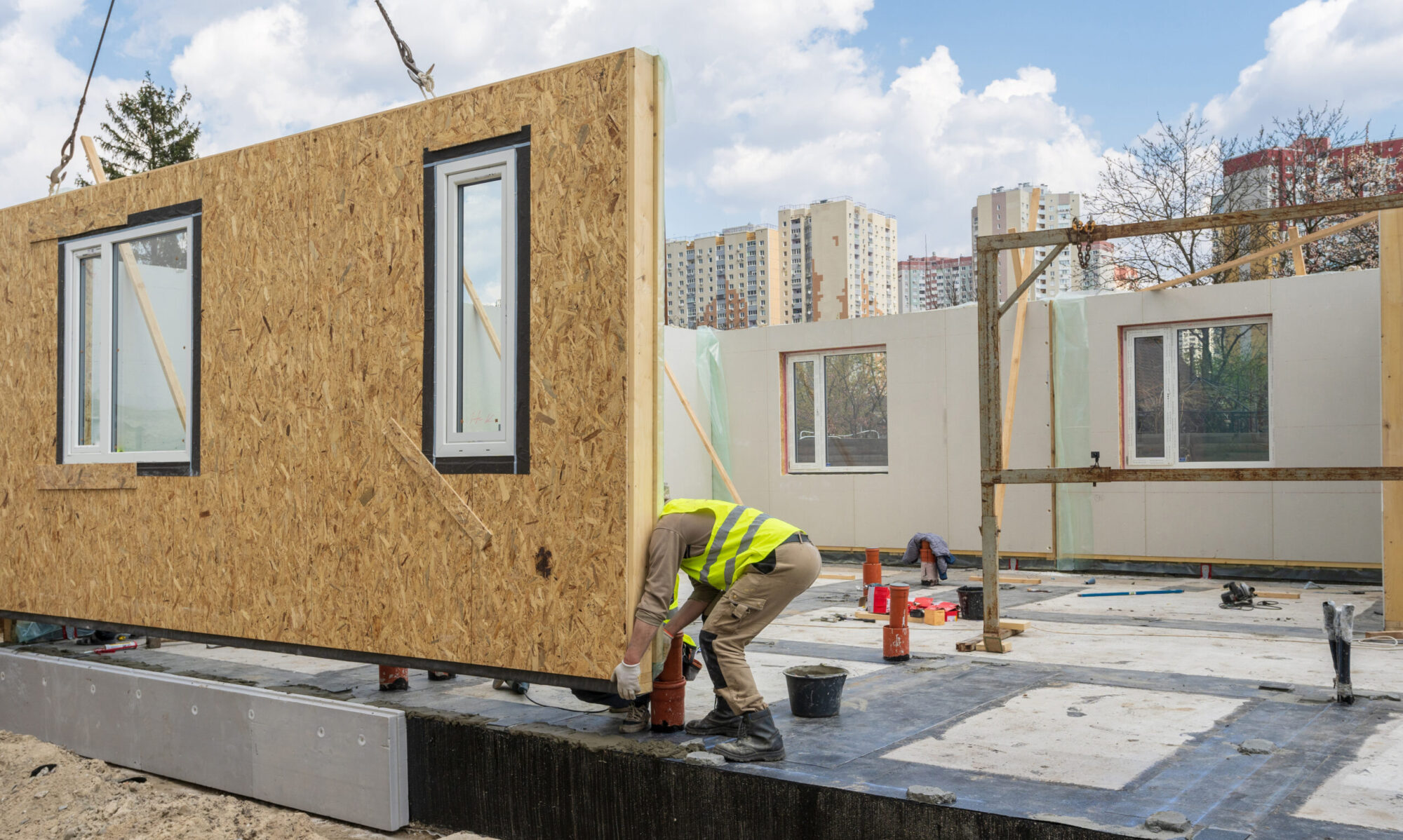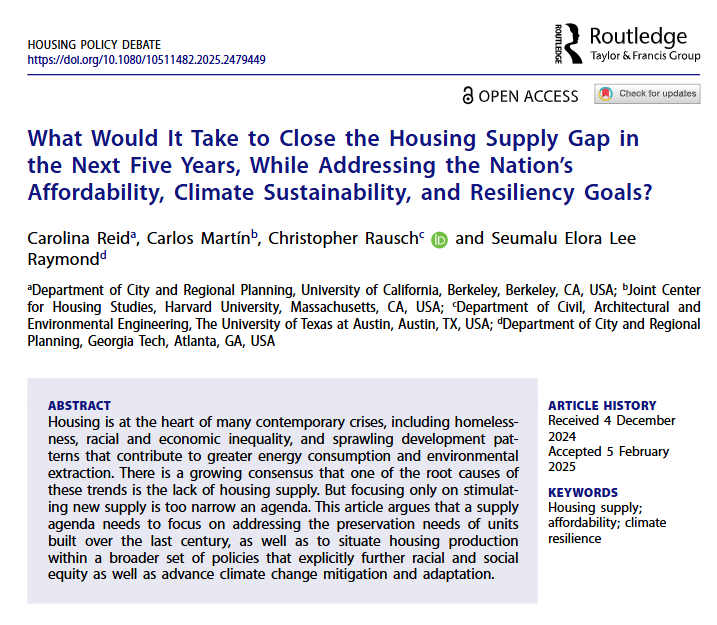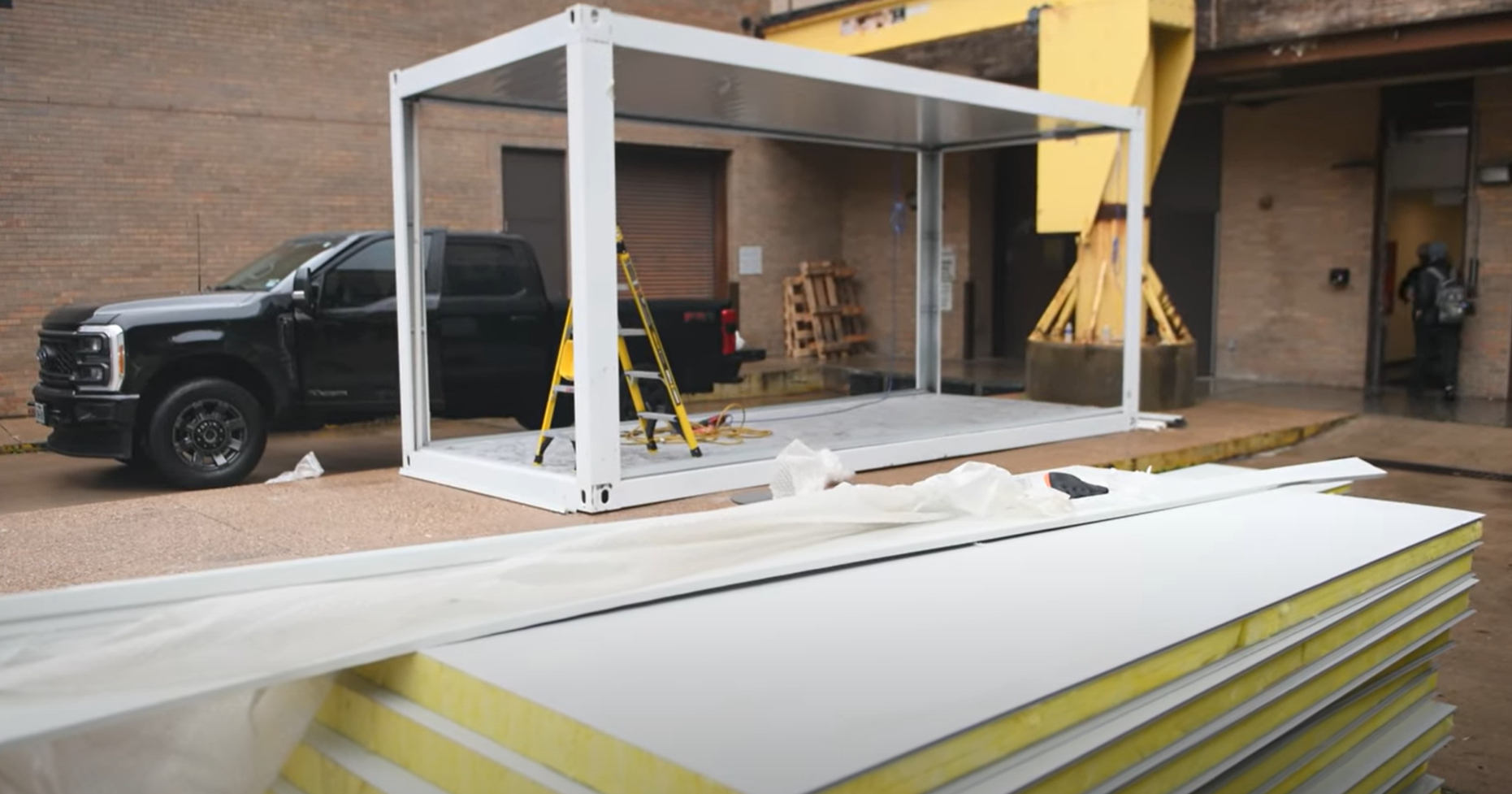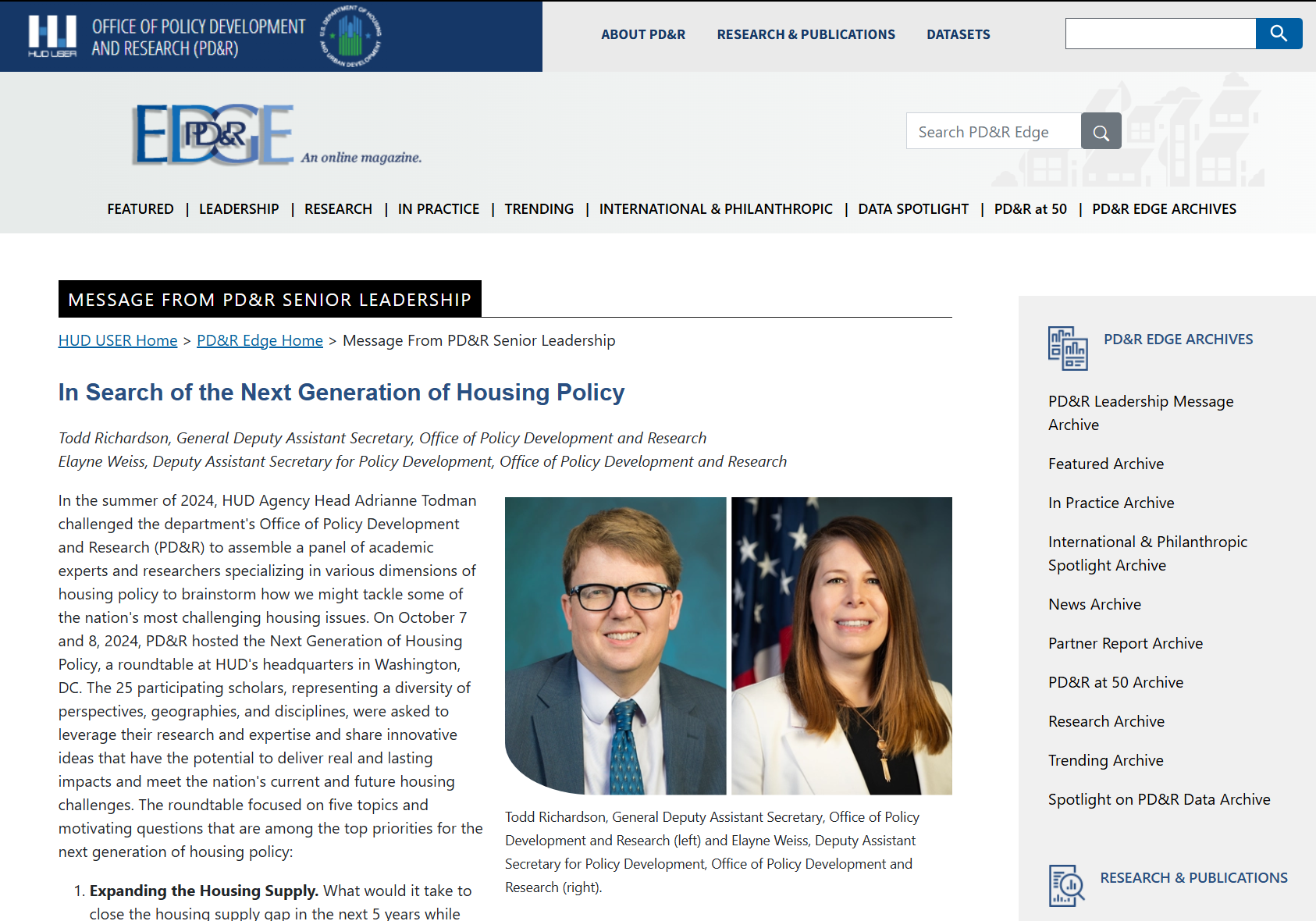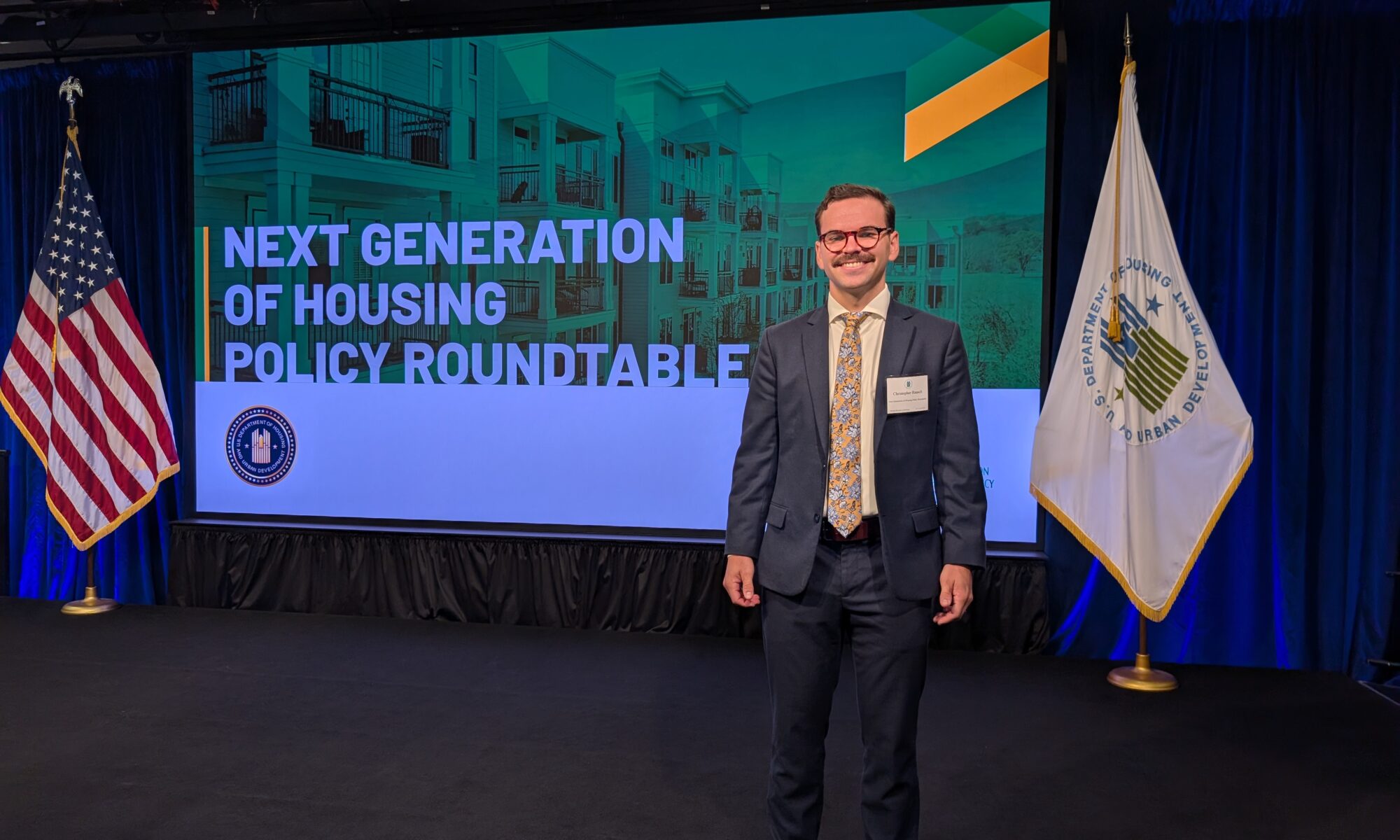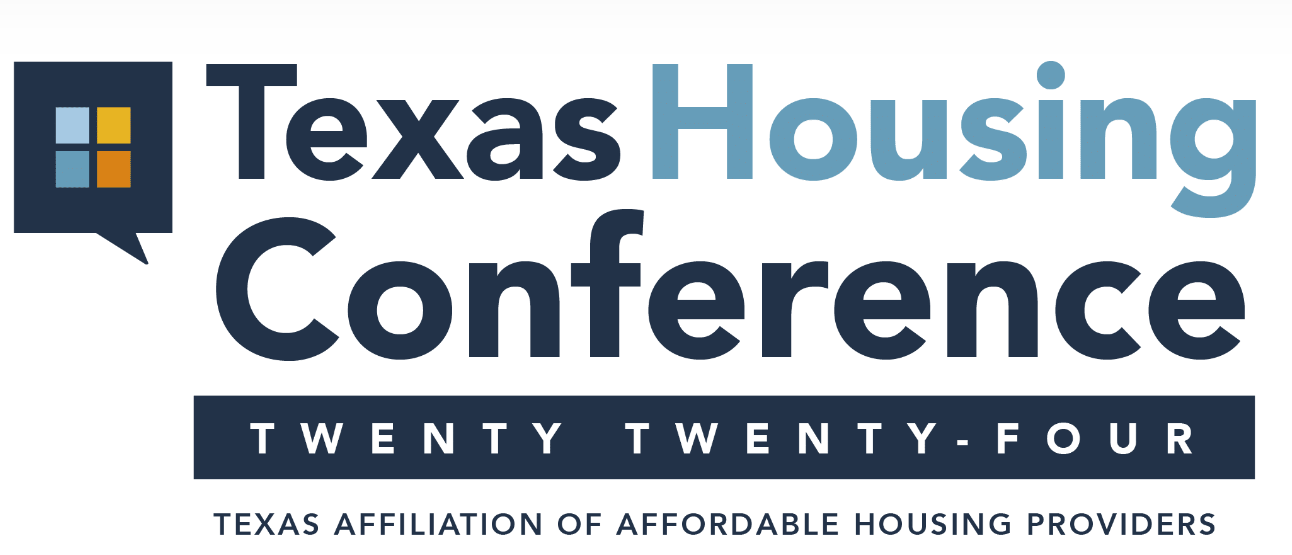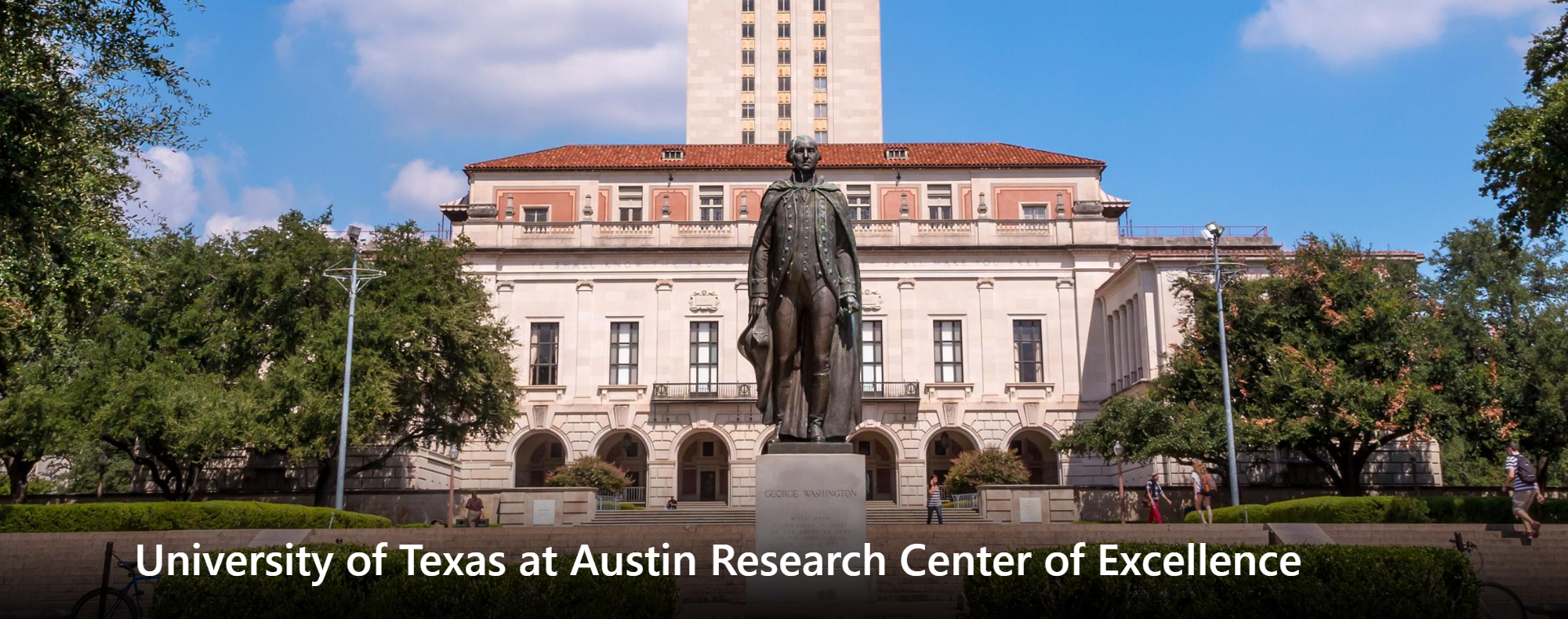Housing affordability, sustainability and resilience are frequently in the spotlight these days. There is a growing consensus that one of the root causes of these trends is the lack of housing supply. However, focusing only on stimulating new supply is too narrow of an agenda.
Recently, our lab director Chris Rausch joined housing thought-leaders Carolina Reid, Carlos Martín and Seumalu Elora Lee Raymond to articulate that a supply agenda needs to focus on maintaining and retrofitting existing housing units, promoting more sustainable building practices and integrating local community needs.
Read the full article here: https://www.tandfonline.com/doi/full/10.1080/10511482.2025.2479449#abstract
Engineering Hope: Deeply Affordable Housing Solutions
In the face of rising housing costs and growing homelessness, innovative minds at the University of Texas at Austin are turning theory into hands-on impact. Assistant Professor Christopher Rausch and his graduate research course are leading a project focused on industrialized production of the built environment — and its potential to tackle the affordable housing crisis.
Rethinking How We Build
At the heart of this initiative is a push to rethink traditional construction. With support from Rokit Homes — who donated two modular homes for the project — students and faculty at UT Austin will be:
- Exploring new methods for energy efficiency and high performance materials.
- Testing how modular homes can evolve and adapt to changing community needs.
- Developing digital twin models and data-driven approaches for the design, construction and operation of housing.
- Examining deconstruction and material reuse strategies for a circular economy.
This house will serve as a living laboratory, helping to push the boundaries of what’s possible in housing design, construction and sustainability – to help address important societal issues such as the housing crisis.
From the Frontlines to the Classroom
The motivation behind the project runs deeper than academics. One student shared how their work with unhoused individuals during the pandemic sparked a personal commitment to sustainable design. That experience planted the seed for this project, where real-world urgency meets innovative education.
Why Modular?
Modular housing presents a powerful option for affordable, scalable solutions. With the ability to be rapidly assembled, these homes are especially promising for people displaced by climate disasters or economic hardship. They offer a temporary but dignified step toward stability — and potentially a bridge into long-term housing solutions.
Beyond the Blueprint
“This isn’t just a construction project,” Rausch emphasizes. “It’s a conversation about values. We see people on the streets every day. We wonder what we can do. This is a tangible answer.”
From emergency shelter for climate-displaced families to stepping stones out of homelessness, the potential applications for these modular homes are wide-reaching and urgently needed. This project isn’t just teaching students how to build — it’s showing them why to build. It’s a real-world laboratory where classroom concepts meet compassion and innovation becomes action.
For Rausch, his students, and partners like Rokit Homes, this is more than education. It’s engineering hope.
HUD PD&R Edge: In Search of the Next Generation of Housing Policy
In the summer of 2024, HUD Agency Head Adrianne Todman challenged the department’s Office of Policy Development and Research (PD&R) to assemble a panel of academic experts and researchers (including ETHIC’s director, Dr. Rausch) specializing in various dimensions of housing policy to brainstorm how we might tackle some of the nation’s most challenging housing issues. On October 7 and 8, 2024, PD&R hosted the Next Generation of Housing Policy, a roundtable at HUD’s headquarters in Washington, DC.
The roundtable focused on five topics and motivating questions that are among the top priorities for the next generation of housing policy:
- Expanding the Housing Supply. What would it take to close the housing supply gap in the next 5 years while addressing the nation’s affordability, climate sustainability, and resiliency goals?
- Eliminating Worst Case Housing Needs. What would it take to expand access to rental assistance and eliminate worst case housing needs in the United States?
- Ending Homelessness. What would it take to end homelessness in the United States?
- Protecting Renters. What would it take to ensure housing stability and protections for the nation’s renters?
- Increasing Homeownership. What would it take to increase homeownership rates and close the racial homeownership gap in the United States?
An article has been published in the PD&R Edge online magazine summarizing this event: https://www.huduser.gov/portal/pdredge/pdr-edge-frm-asst-sec-120324.html
HUD Next Generation of Housing Policy Roundtable
Dr. Rausch attended a roundtable on October 7 and 8, 2024 hosted by HUD Acting Secretary Adrianne Todman focused on advancing the next generation of housing policy. This roundtable brought together leading academic experts on a range of topics including housing supply, rental assistance, renter protections, homelessness and homeownership.
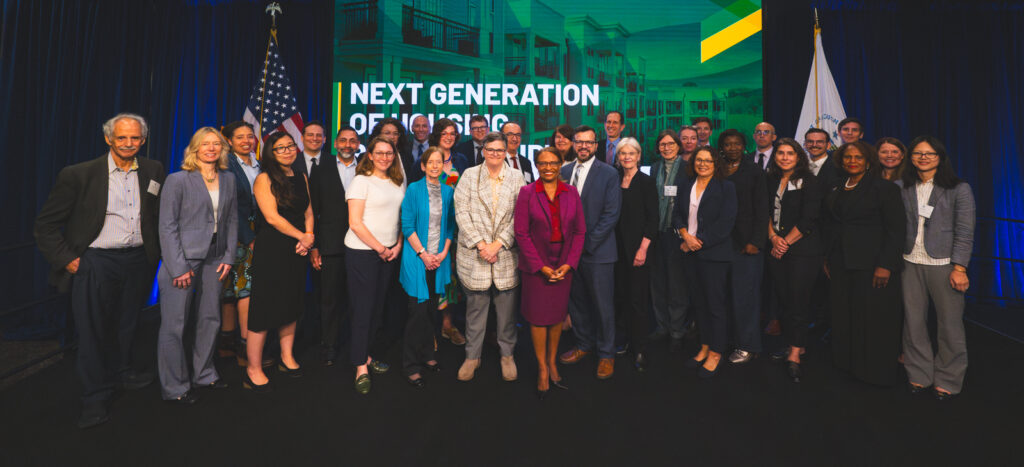
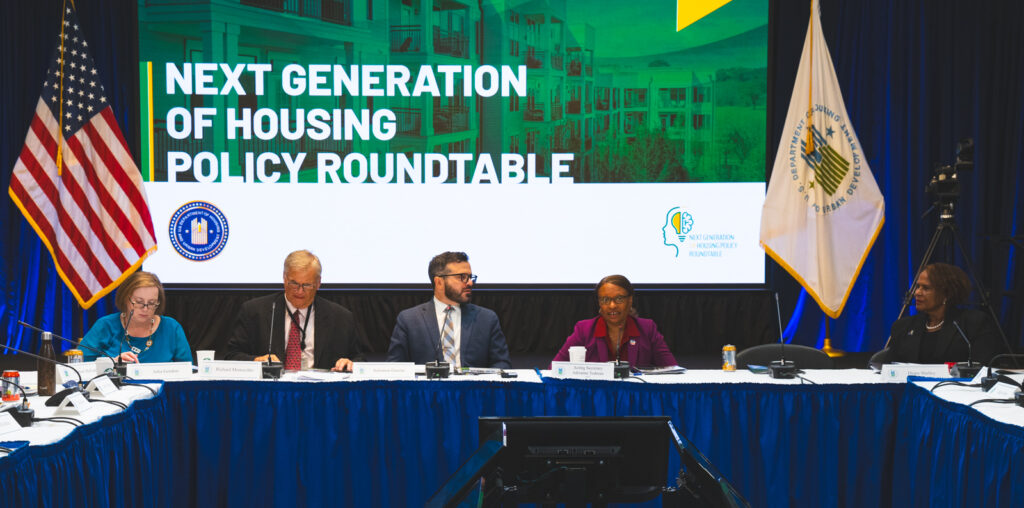
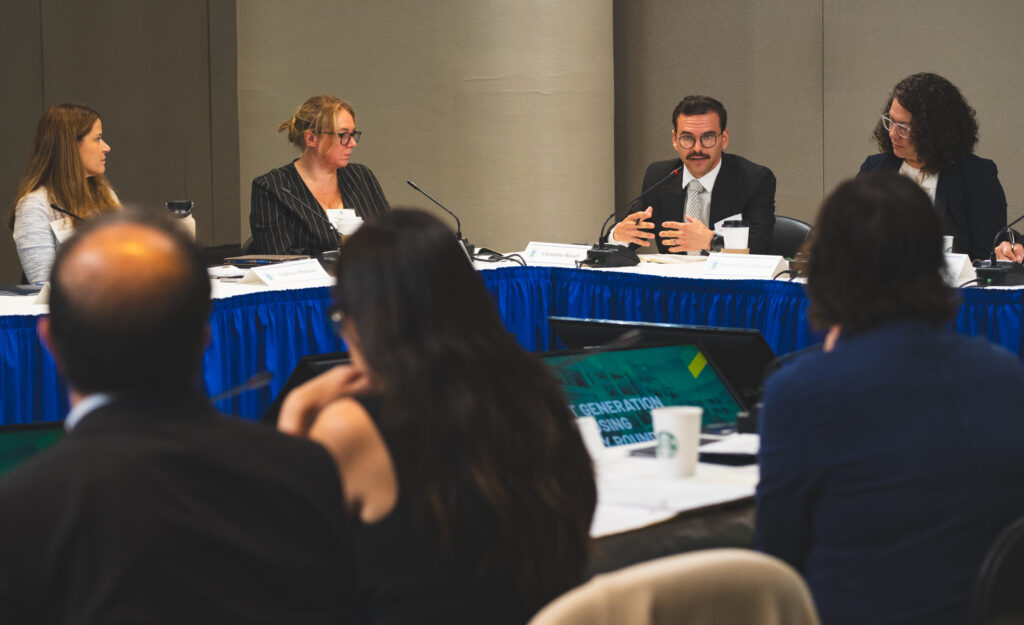
Read more here: https://www.hud.gov/press/press_releases_media_advisories/HUD_No_24_268
Texas Housing Conference
Members from ETHIC attended the Texas Affiliation of Affordable Housing Providers (TAAHP) annual Texas Housing Conference hosted in Austin Texas. The conference was a great opportunity to learn about developments, perspectives, and the future of affordable housing in Texas. This event is widely regarded as the premier event where influential affordable housing industry professionals come together to listen, learn and connect with their peers.
